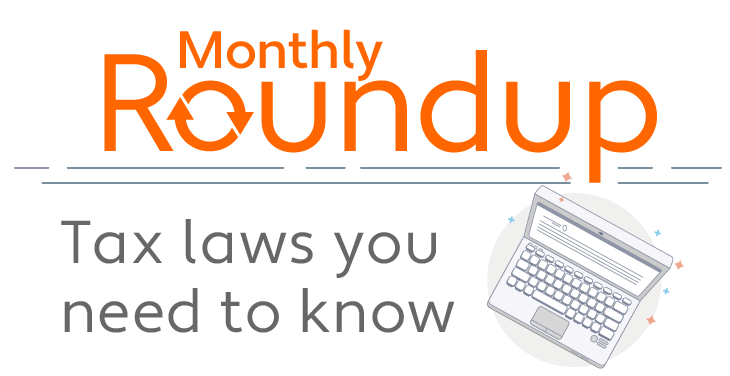Seven quirky taxes – Wacky Tax Wednesday

The 2016 presidential election has unearthed an astounding amount of information. Aside from the candidates themselves, it seems that just about everyone has something to reveal: porn stars, the Russians, even the FBI. I both dread and look forward to learning the latest news at the end of each day, but while working, I focus on taxes. It’s amazing what they can reveal.
Sometimes I’ll come across a tax, fee, or exemption that’s a little unusual and piques my interest. They often expose activities, products, or services that are common, embraced or vilified in a particular place, and they help me to understand this great big country of ours just a little bit better. A few of my favorite are listed here.
7 quirky taxes
Don’t be a good-for-nothing card-player. Card-playing appears to be something of a sin in Alabama. That’s the only reason I can think why the state would levy a playing cards tax of 10-cent per package of playing cards “containing not more than 54 cards to the deck,” and make retailers obtain a $2 annual license fee for the privilege of selling playing cards. The tax took effect in 1935 and lasted until May 2015, when collection was suspended because administrative costs exceeded the total amount of tax collected; playing card tax revenue dropped from $92,821 in FY 2012-13 to just over $70 thousand in FY 2013-14.
Don’t go. I’ve always figured Alaska would be a hard place to live during the winter, but I was nonetheless surprised to discover that many localities reward the hardy few who stay put with seasonal sales tax exemptions. The most common is for non-prepared food, though the town of Seldovia lowers the sales and use tax rate for all products during the first and fourth quarters. Of course, another way of interpreting this information is that Alaska jacks up taxes for summer tourists.
Stay on the straight and narrow. Tattoos are a source of tax revenue in Arkansas. Beginning July 2004, Act 107 (HB 1030) extended sales tax to a number additional services including tattoo, body piercing, and electrolysis services (unless electrolysis is part of a medical procedure under the direction of a licensed physician.” Revenue generated by the tax funds public schools.
Create. Rhode Island is a good place to live if you’re an artist. The state boosts the arts by exempting from sales tax works of art by resident artists, composers and writers, and by offering income tax exemptions for income derived from the sale of works of art within certain districts. Perhaps these tax policies help retain some of the creative people who attend the Rhode Island School of Design and Brown University.
Keep your turkeys south of the (Canadian) border. When you drive into California, you have to stop and declare any fruits and vegetables you’re transporting. When you cross into Canada, you may be asked how many turkeys you’re carrying. It’s legal to import one turkey per person duty-free — any more than that and you’ll have to pay a duty of “154.4% but not less than $1.60/kg.” It’s to ensure the health of the Canadian turkey industry.
Eat well. The Navajo Nation is desperately trying to improve the health of its people. To that end, it has increased the tax on “minimal-to-no-nutritional value food items” and eliminated the sales tax on fresh fruits and vegetables. According to the Native Health News Alliance, revenue generated by the tax increase (between $1 million and $1.3 million as of June 30, 2016) will soon be used to support community wellness projects.
Abstinence is best. There’s a Sexually Explicit Business tax in Utah: a sales and use tax “assessed in addition to sales and use taxes on admission and user fees, retail sales of tangible personal property including food and drinks, and services occurring in a business with nude or partially nude individuals.” And in case there was any doubt about how the state of Utah feels about these businesses, “sales and use tax exemptions do not apply to this tax.”
Know of any quirky taxes? Share them in the comments below.
Sign up for our newsletter and stay up-to-date on all things sales tax.

Your competitors live by this annual report
Trusted by professionals, this valuable resource simplifies complex topics with clarity and insight.
Stay up to date
Sign up for our free newsletter and stay up to date with the latest tax news.













